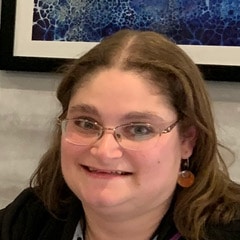Proposed law would allow for mandated outpatient treatment

Massachusetts is one of only three states, along with Connecticut and Maryland, that does not allow court-ordered outpatient treatment for people deemed to be a potential danger to themselves or others. A bill currently before the state's Joint Committee on Mental Health would change that fact.
If passed, H2121 would allow for mandated outpatient treatment, also known as assisted outpatient treatment (AOT), in cases where a person with mental illness is deemed likely to cause harm, or is incapable of making informed decisions, or has a condition that will deteriorate or not improve without treatment.
"Creating an AOT law in Massachusetts would benefit the most severely mentally ill individuals who are now trapped in an endless revolving doo...
Want to keep reading this article from New England Psychologist?
Login below or subscribe today to support independent journalism!
